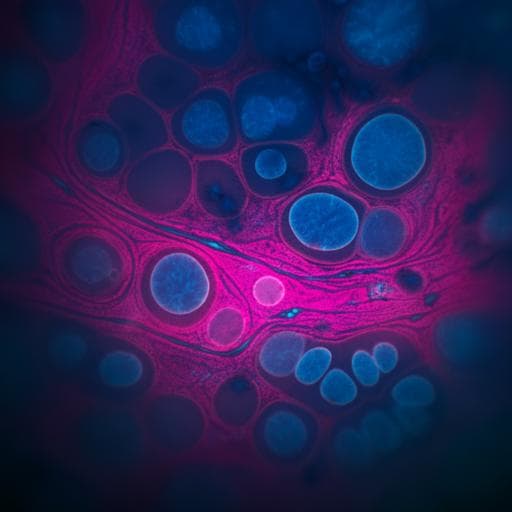
Medicine and Health
Synthetic polarization-sensitive optical coherence tomography by deep learning
Y. Sun, J. Wang, et al.
Discover a groundbreaking deep-learning method that synthesizes polarization-sensitive optical coherence tomography (PS-OCT) images from standard OCT intensity images. This research, conducted by Yi Sun, Jianfeng Wang, Jindou Shi, and Stephen A. Boppart, demonstrates the potential for synthetic PS-OCT images to enhance cancer diagnosis while simplifying the imaging process and reducing costs.
Related Publications
Explore these studies to deepen your understanding of the subject.







